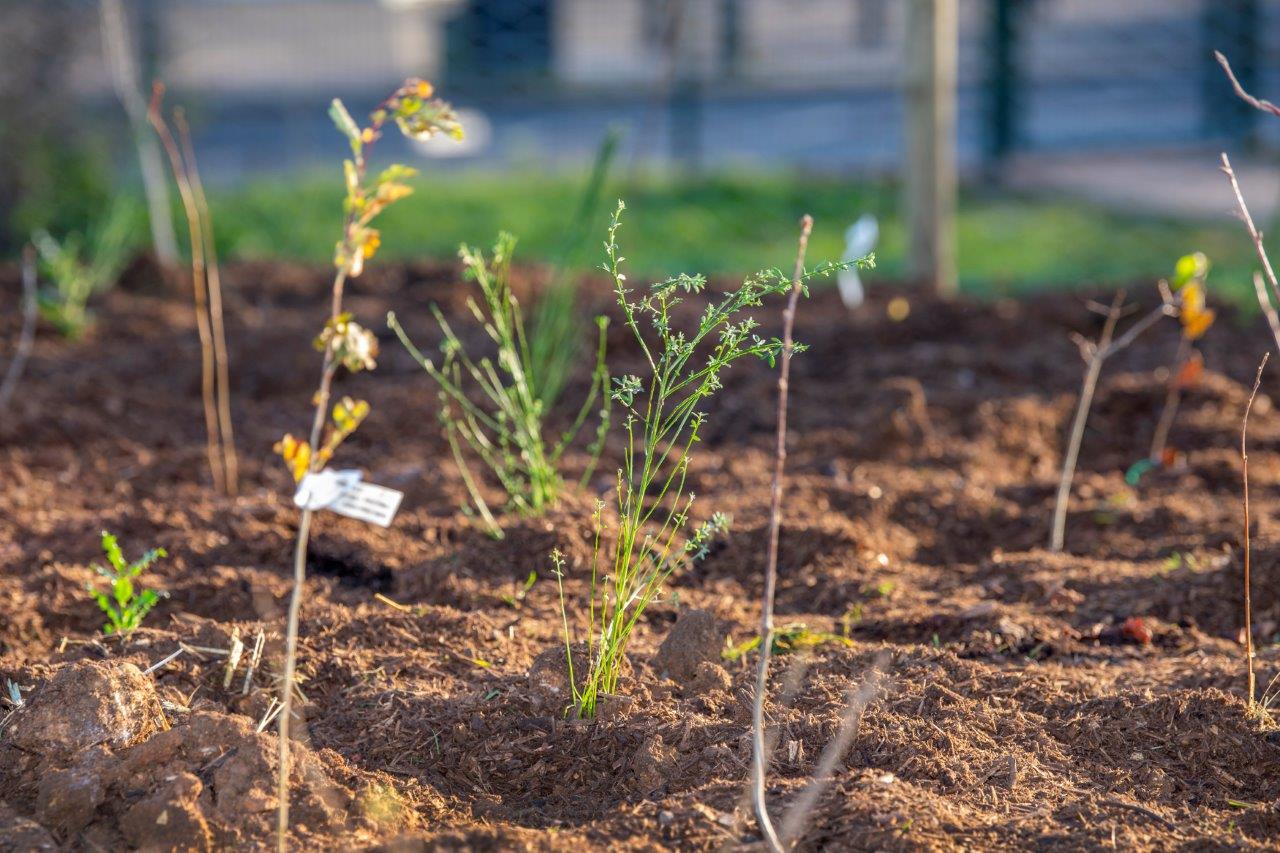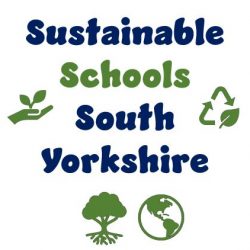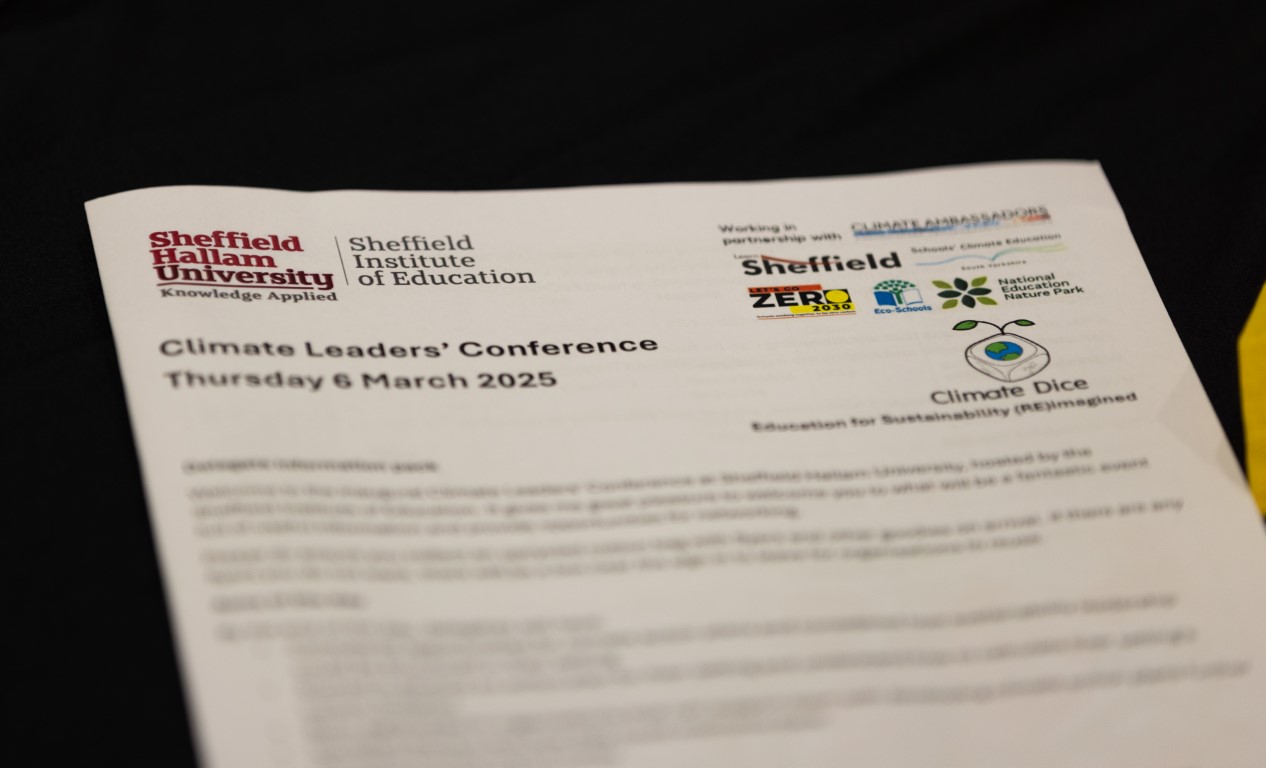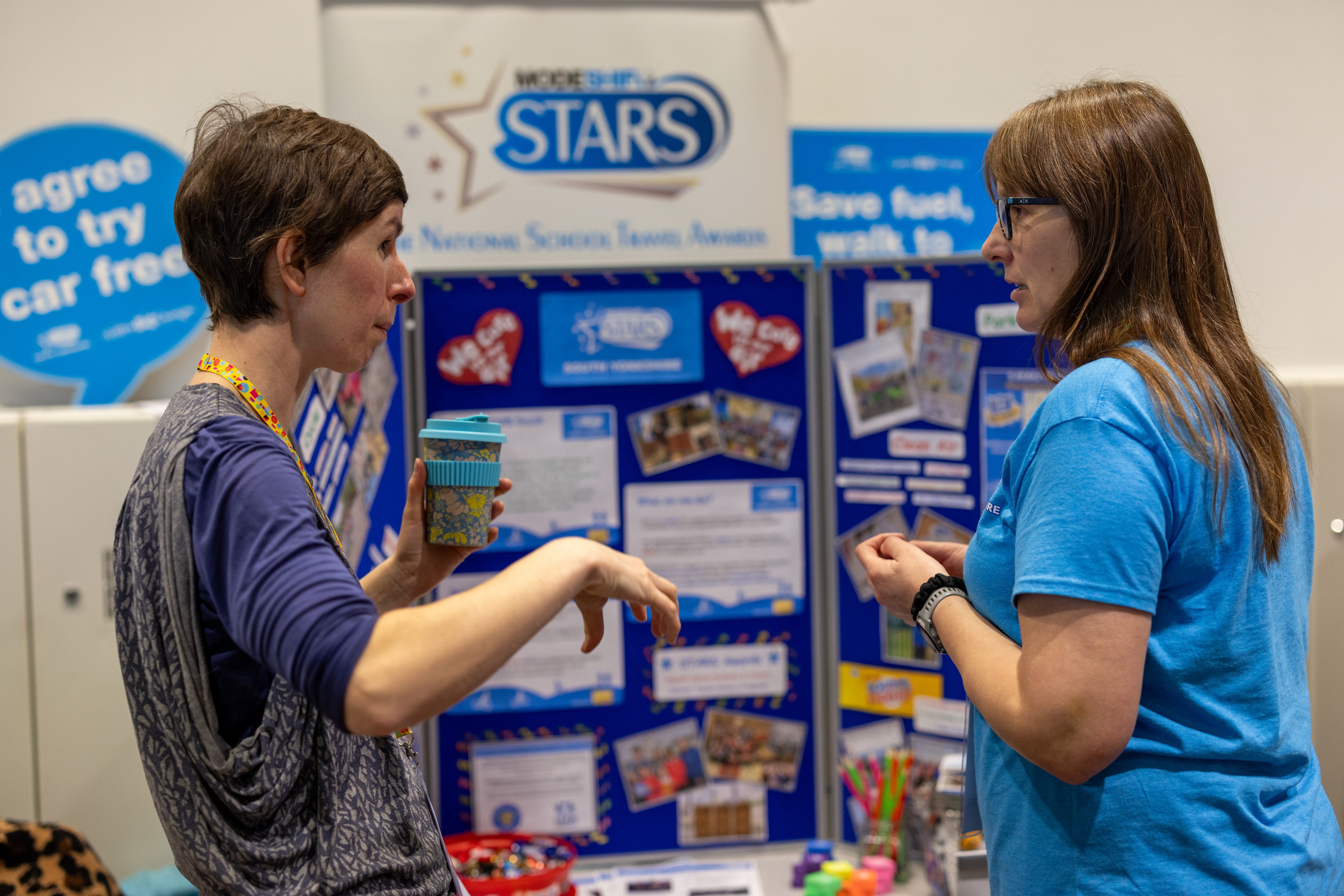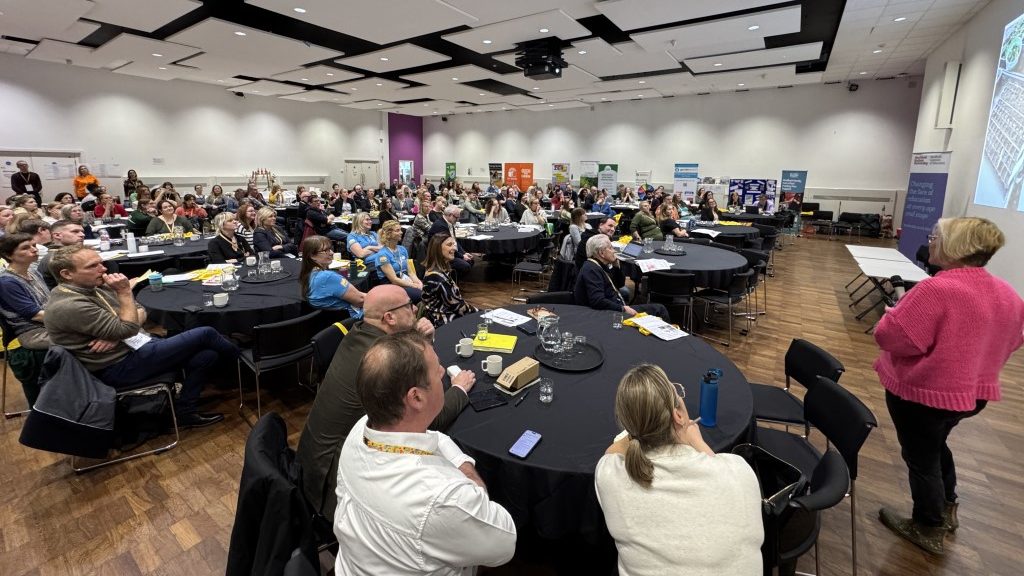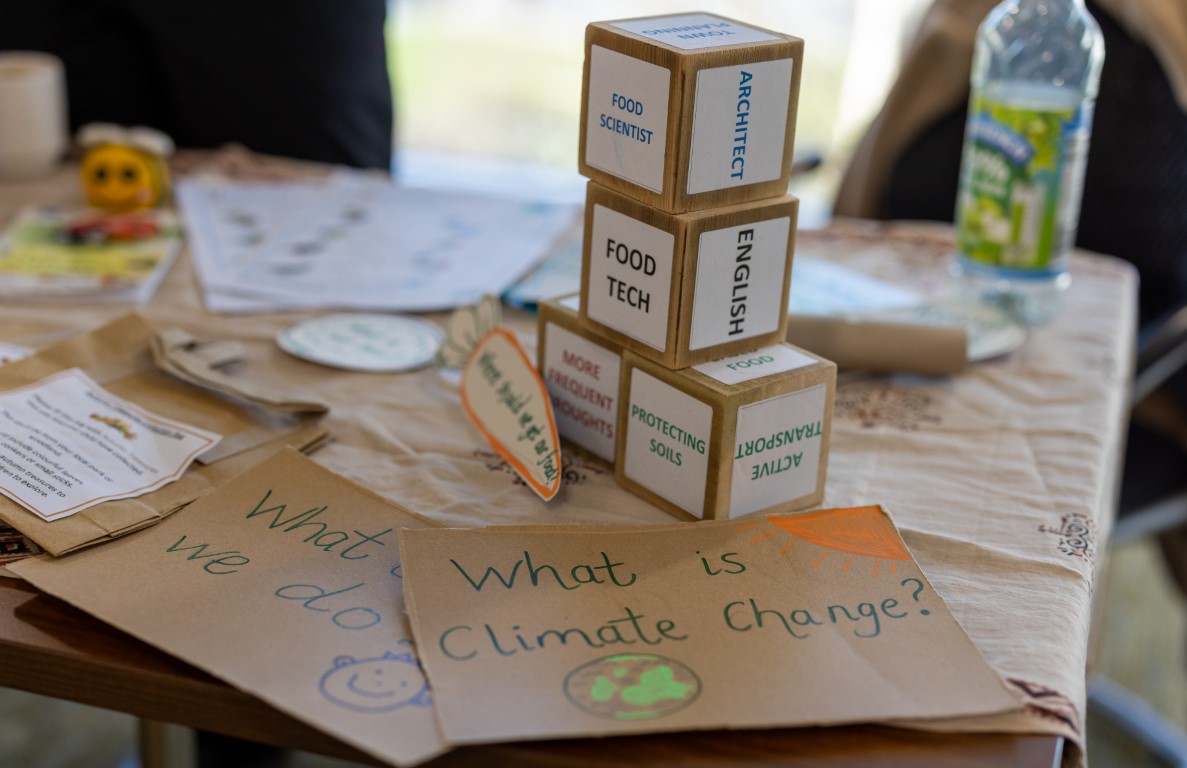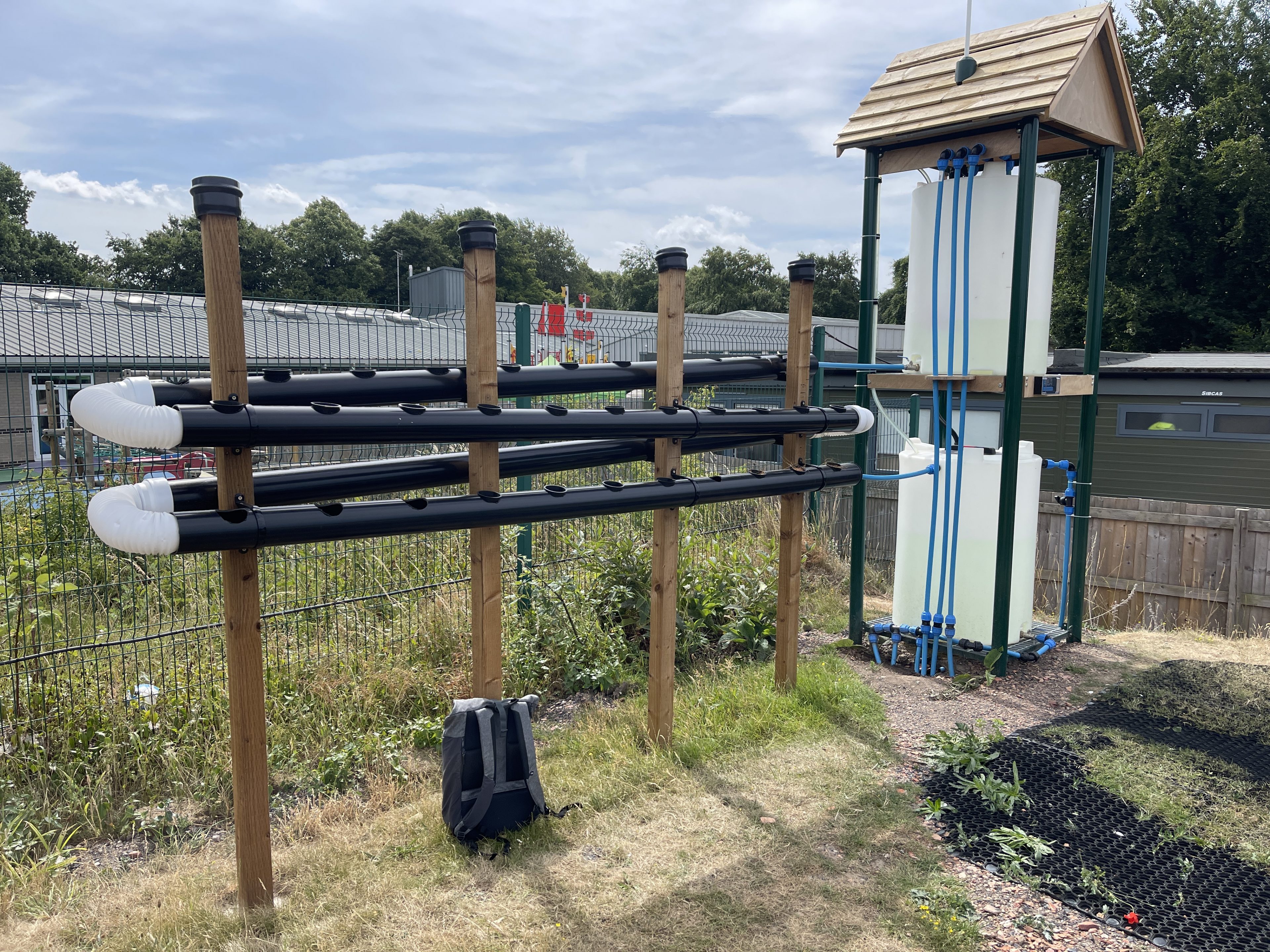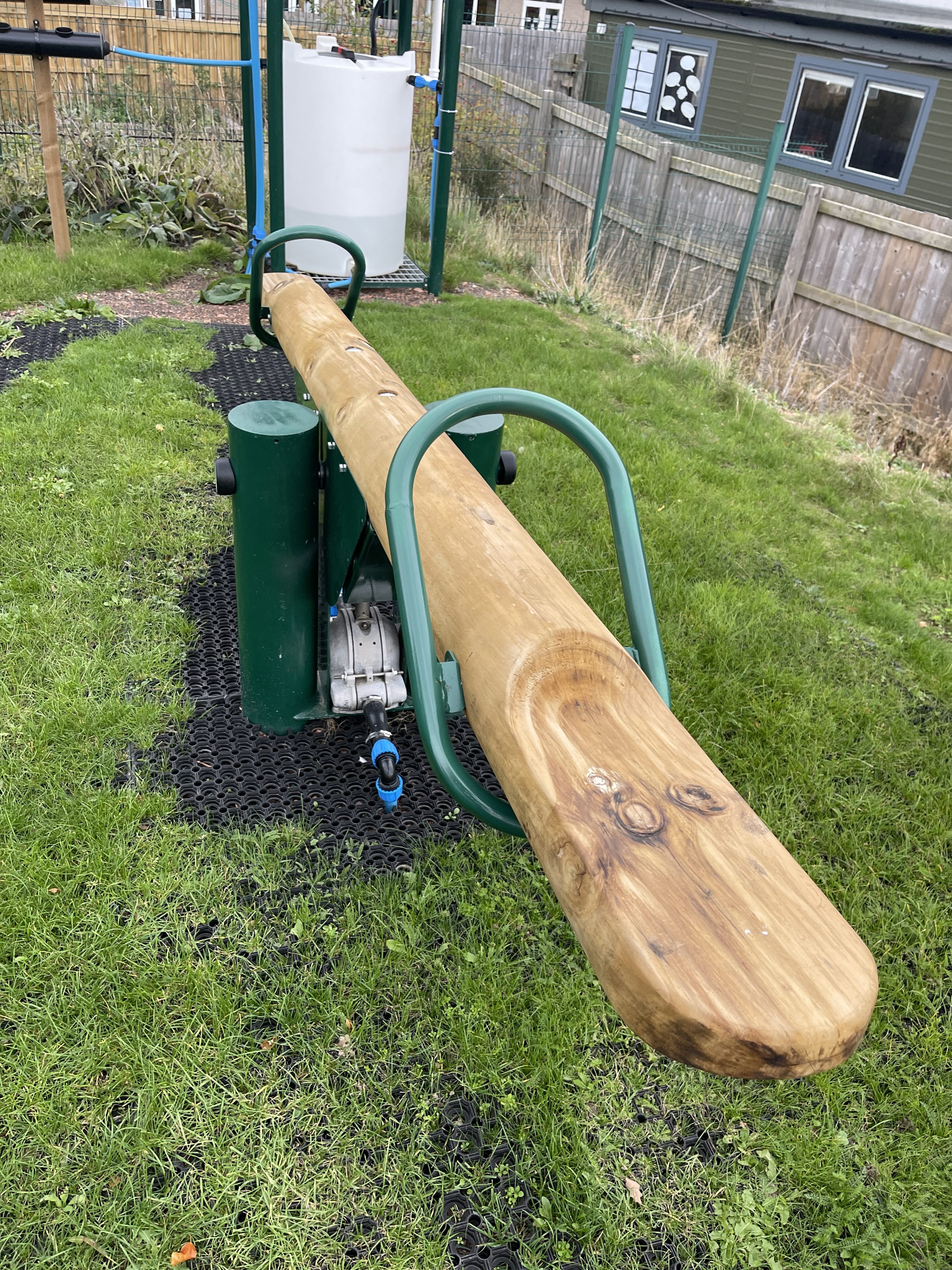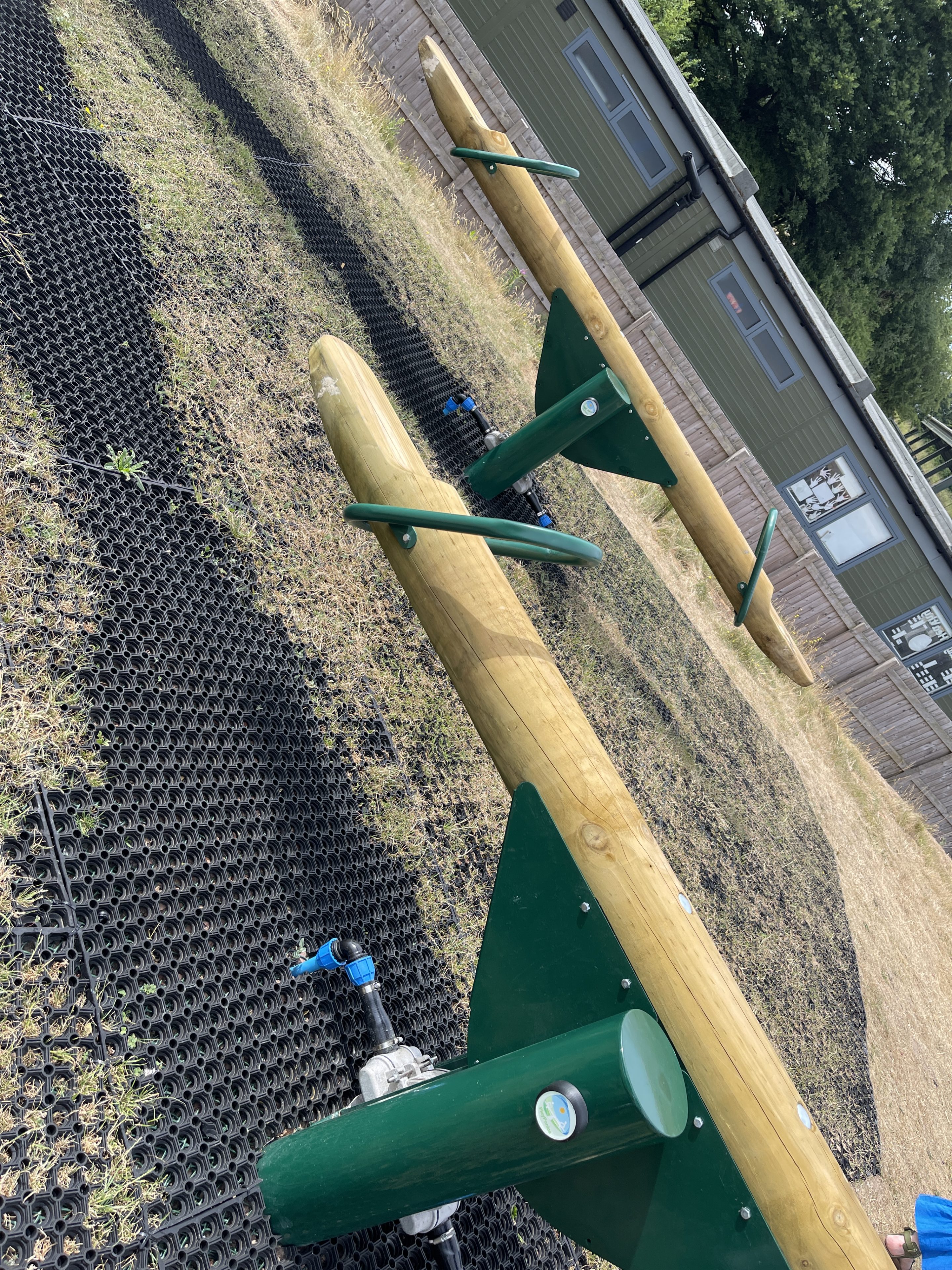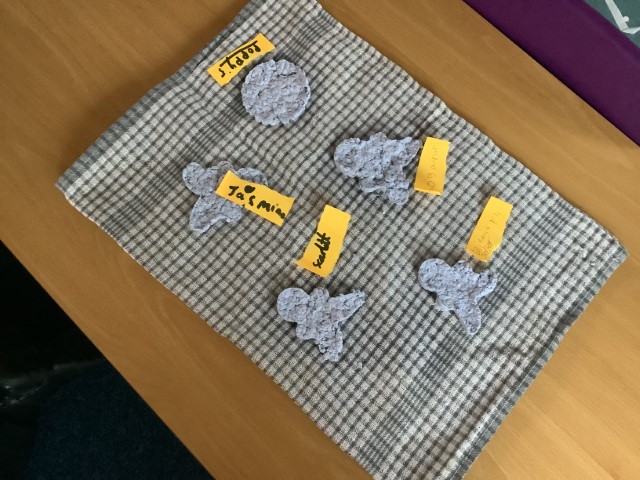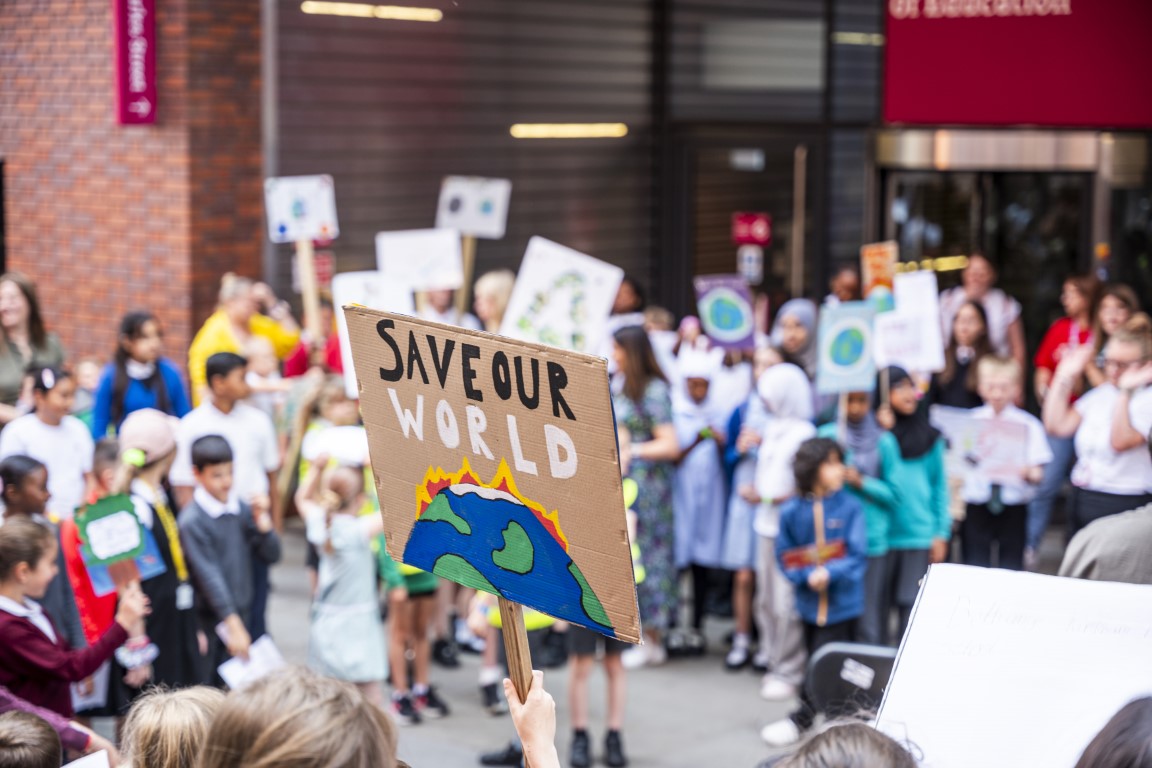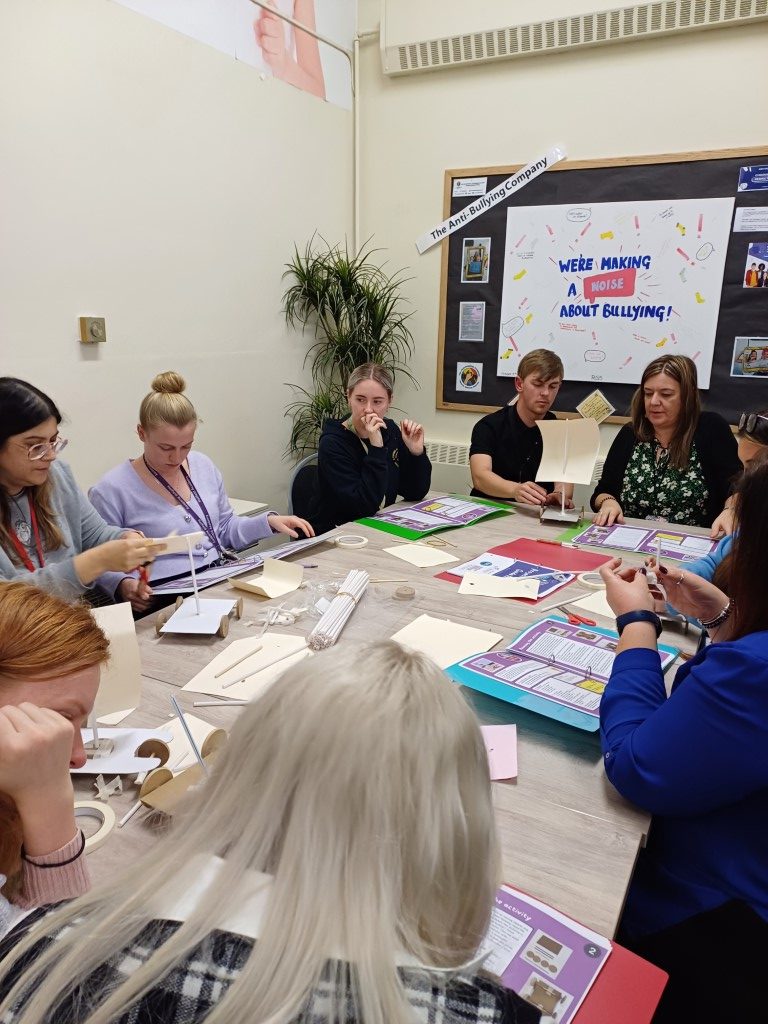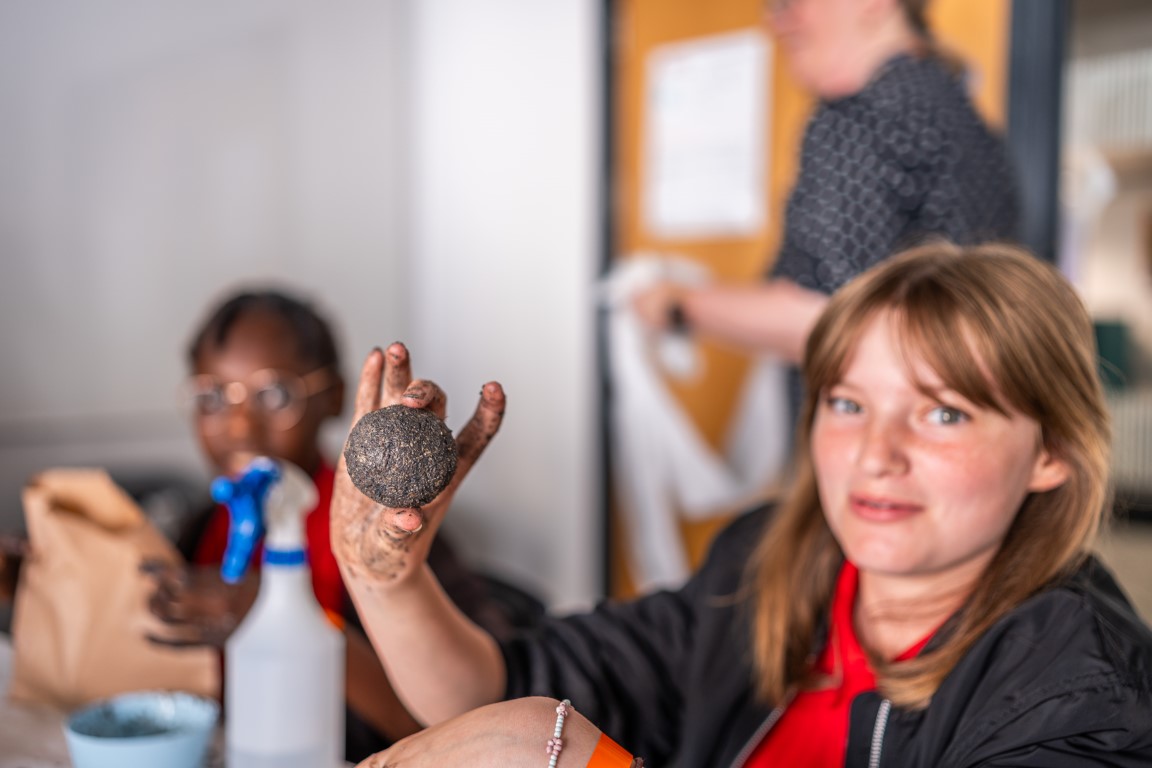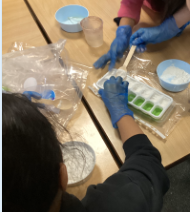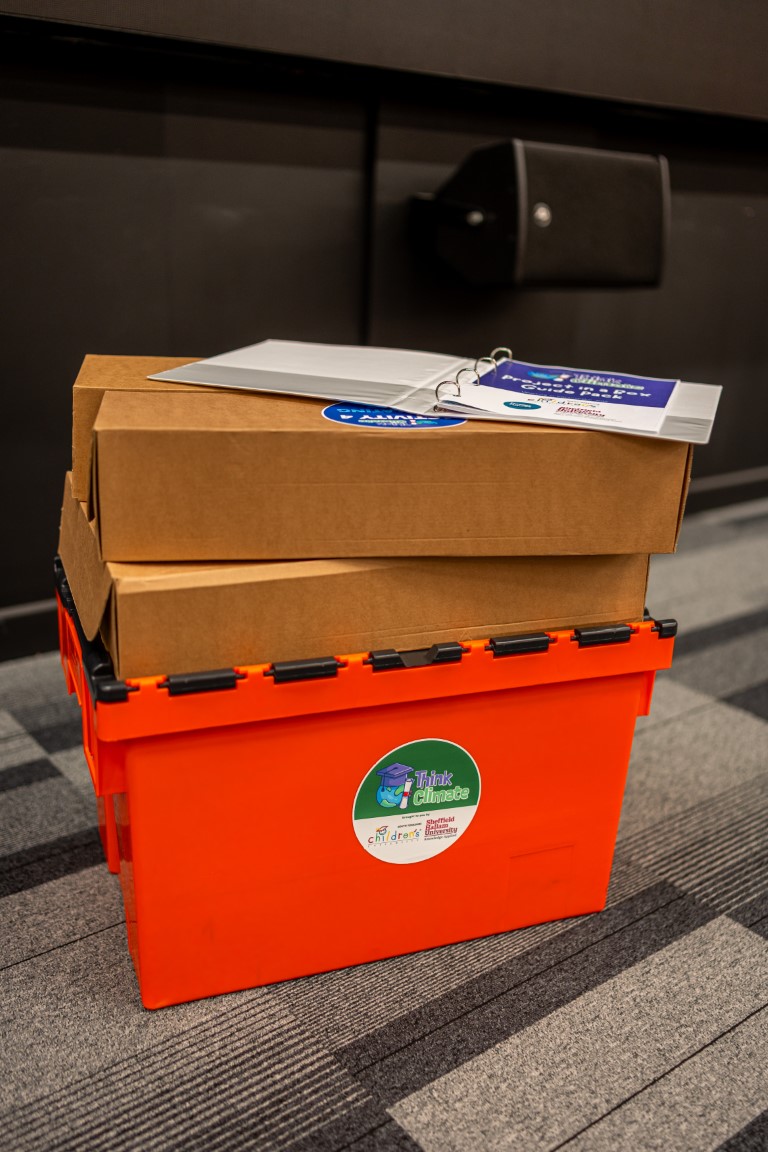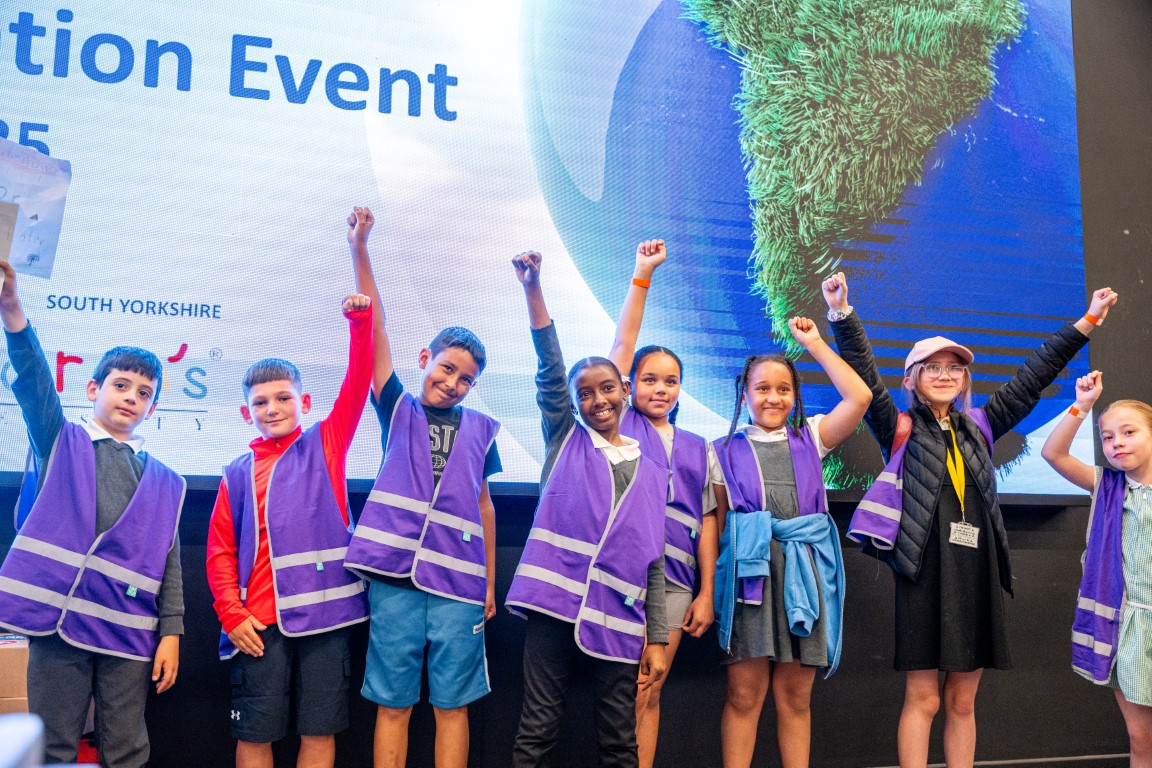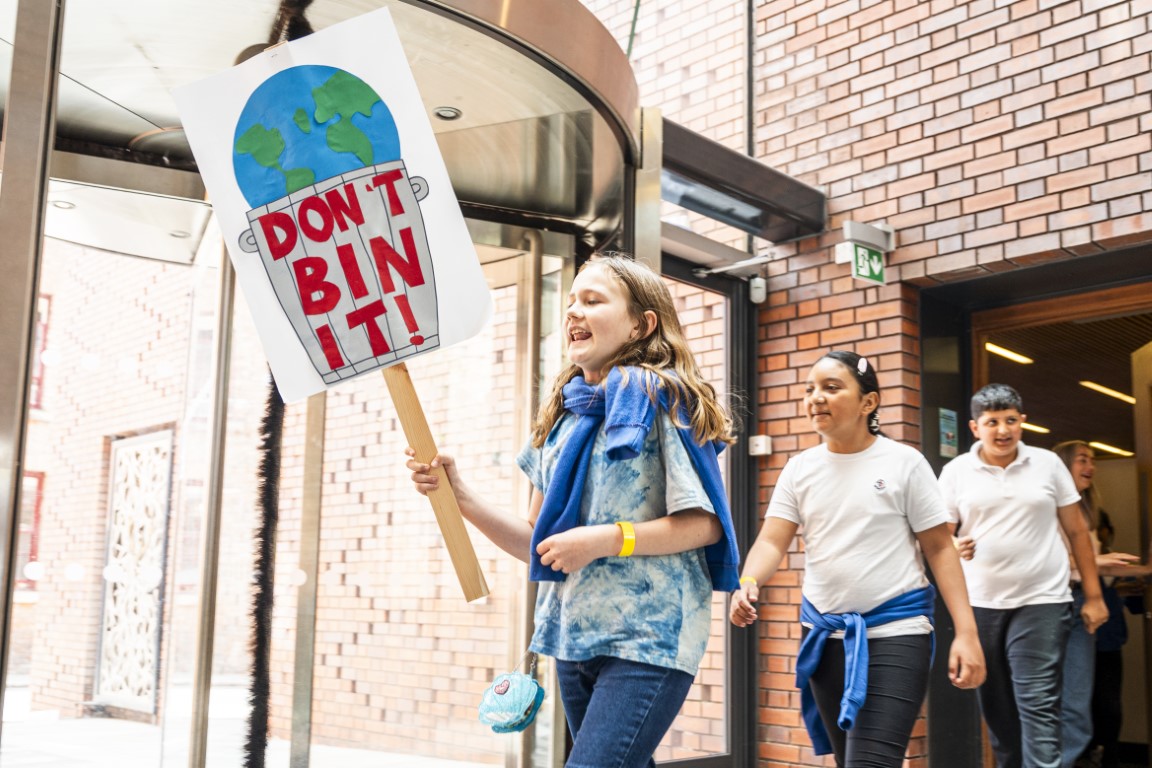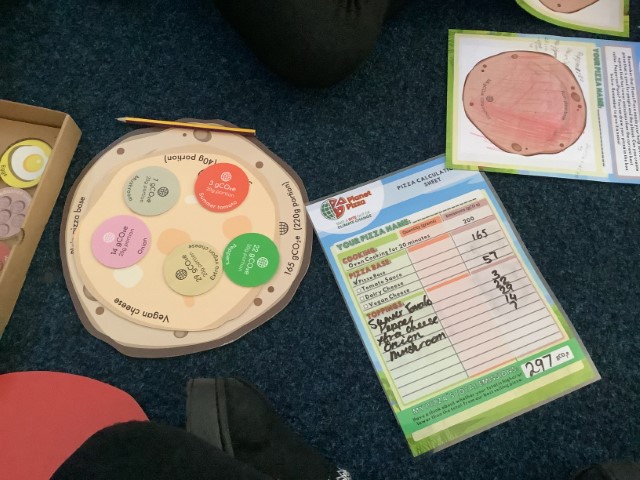
Sheffield Hallam University is recruiting 25 South Yorkshire primary schools to take part in an exciting programme supporting primary pupils (Y1-Y6) to run hands-on STEM investigations linked to climate change and biodiversity in their local area.
The programme is designed to strengthen working scientifically, build confidence in teaching climate-related science, and connect schools with STEM professionals (including postgraduate researchers and academics) who can bring real-world research and inspiration into the classroom.
We are in the process of applying for funding (deadline 27 February 2026) and will know the outcome before the end of the summer term. The programme will start in September 2026 and run for 3 academic years.
What schools will do
Each year, over a period of one school term (approx. 3–6 months), teachers and pupils (minimum of 30 students) will work with a matched STEM professional to plan and carry out a small-scale investigation. This might include activities such as exploring biodiversity in the school grounds, investigating local environmental change, or collecting and interpreting simple data linked to sustainability.
Each school will typically take part in:
- 3 x in-school sessions (around 2 hours each)
(launch / investigation support / celebration & sharing) - 2 online check-in sessions with your STEM professional between visits
- Flexible planning so the investigation can be adapted to your school context and curriculum priorities
What schools will receive
Participating schools will receive:
- Cover costs for teaching staff to attend CPD
- Included CPD for teachers (regular online and face to face sessions + a joint workshop with STEM professionals)
- A matched STEM professional partner to support the investigation and inspire pupils
- Curated investigation resources and equipment (adaptable to different school contexts)
- Ongoing support from the SHU project team throughout delivery
- An end-of-project celebration event to share pupil learning with your school community
- Guidance and support to apply for a £3000 Royal Society Partnership Grant, helping schools sustain and extend the work beyond the programme
Who should apply
This opportunity is ideal for:
- Primary Science Leads
- Senior Leaders (SLT) supporting curriculum enrichment and STEM development
- Schools keen to build pupils’ confidence and curiosity through real investigations
📩 Register your interest now (Science Lead or SLT sign-off required): Expression of Interest: Tomorrow’s Climate Scientists – Fill in form
📅 Places are limited and schools may be prioritised to ensure support reaches those with the greatest need.
